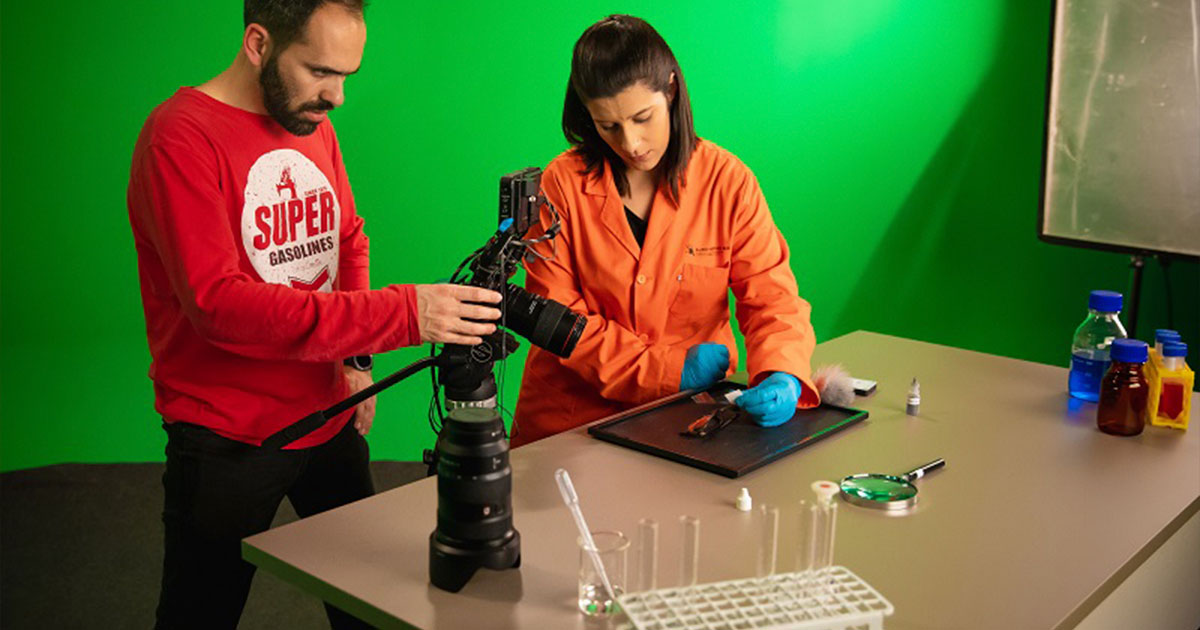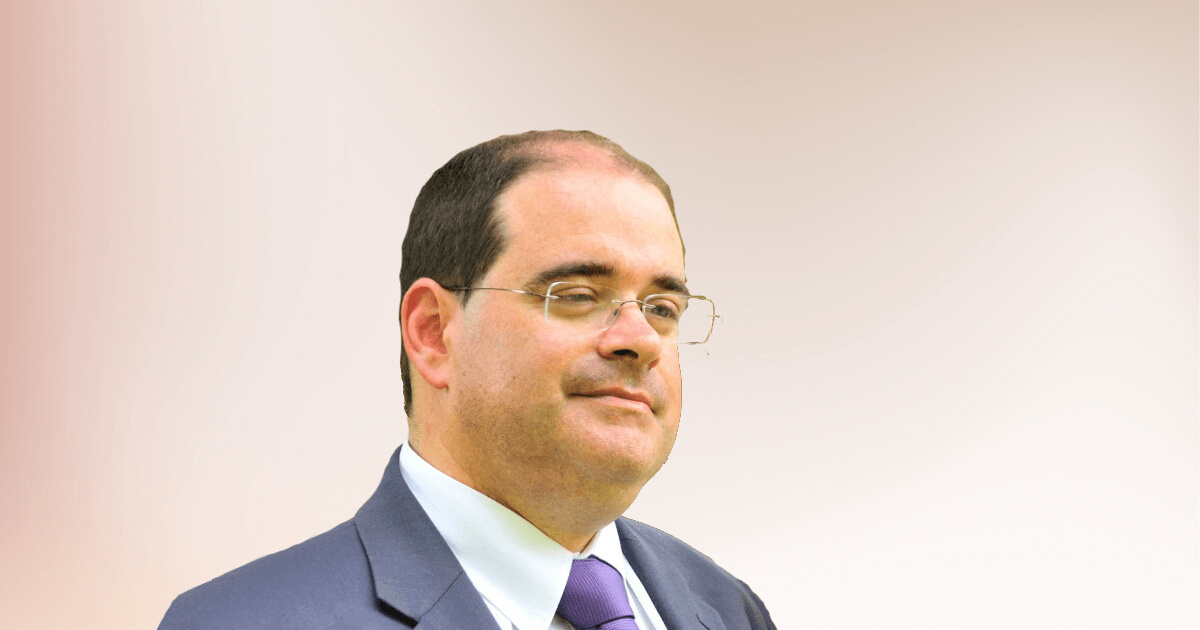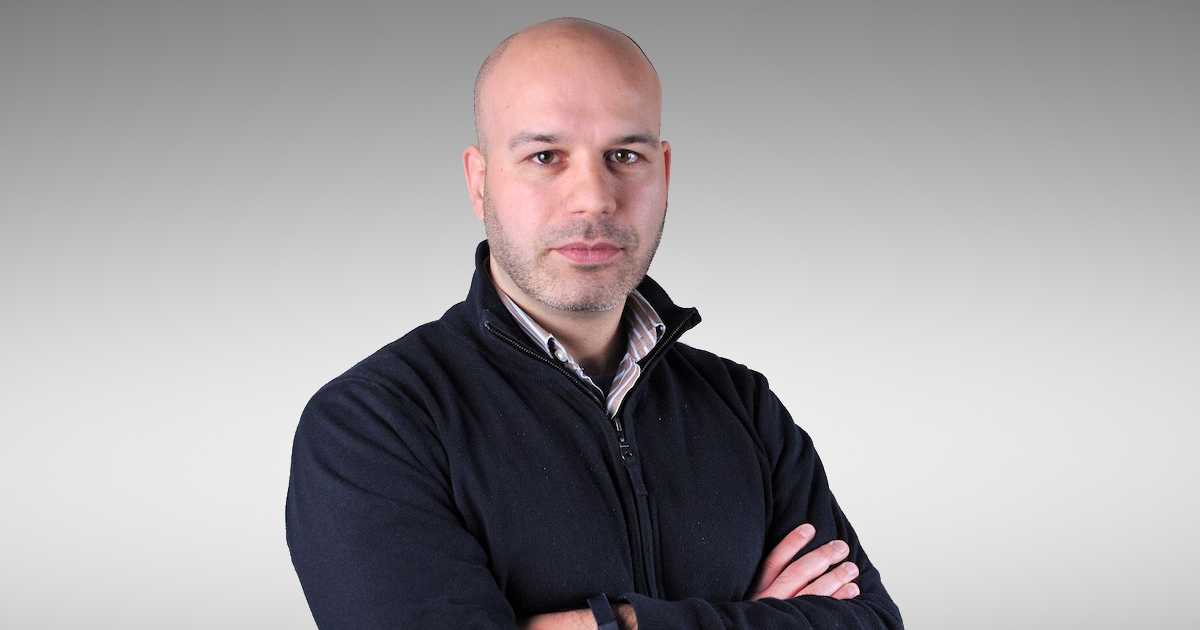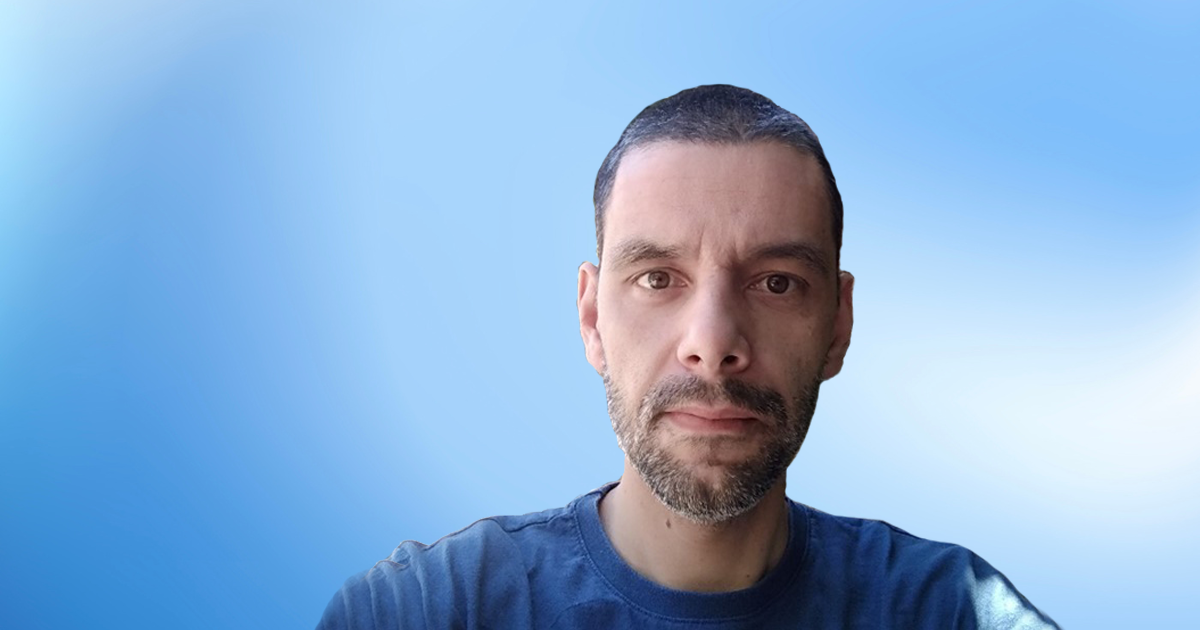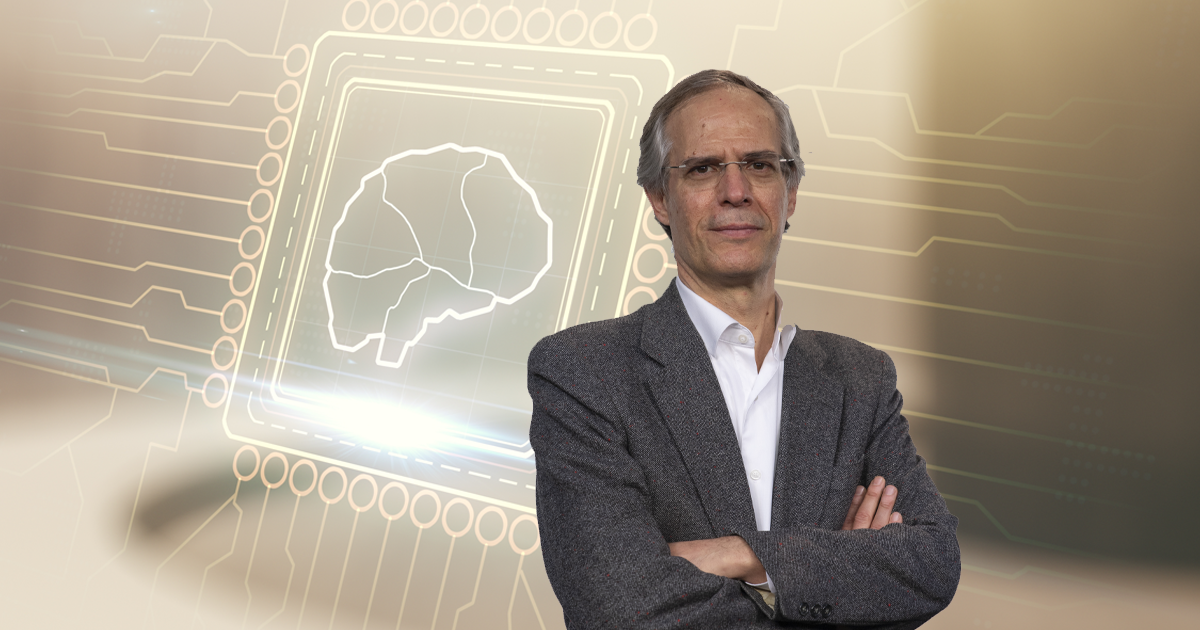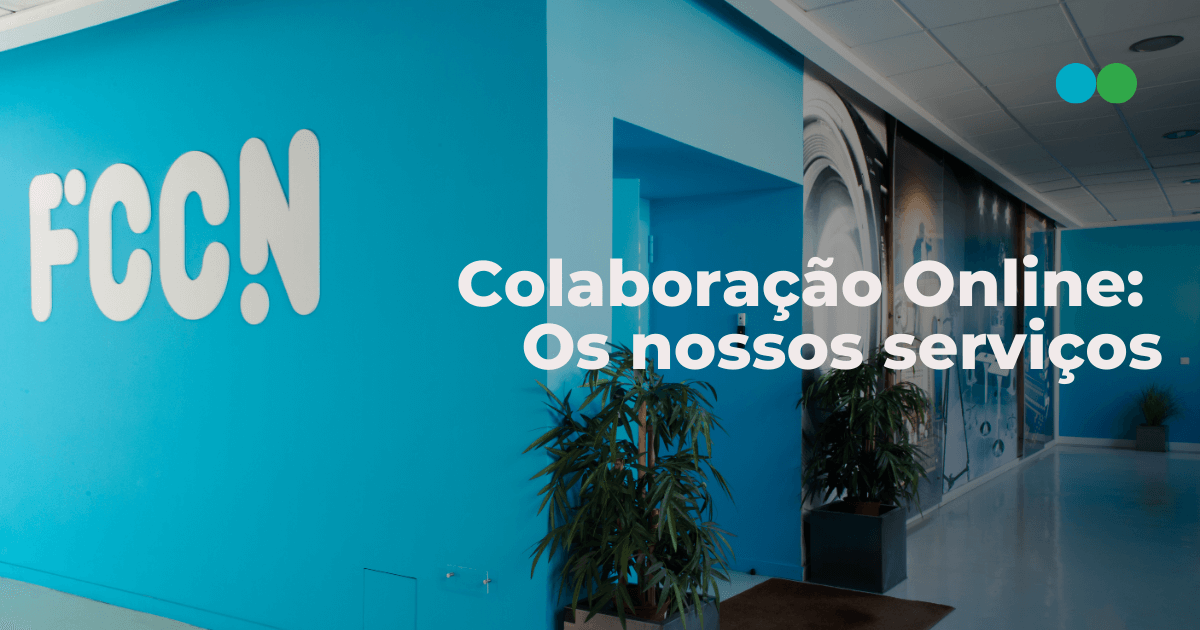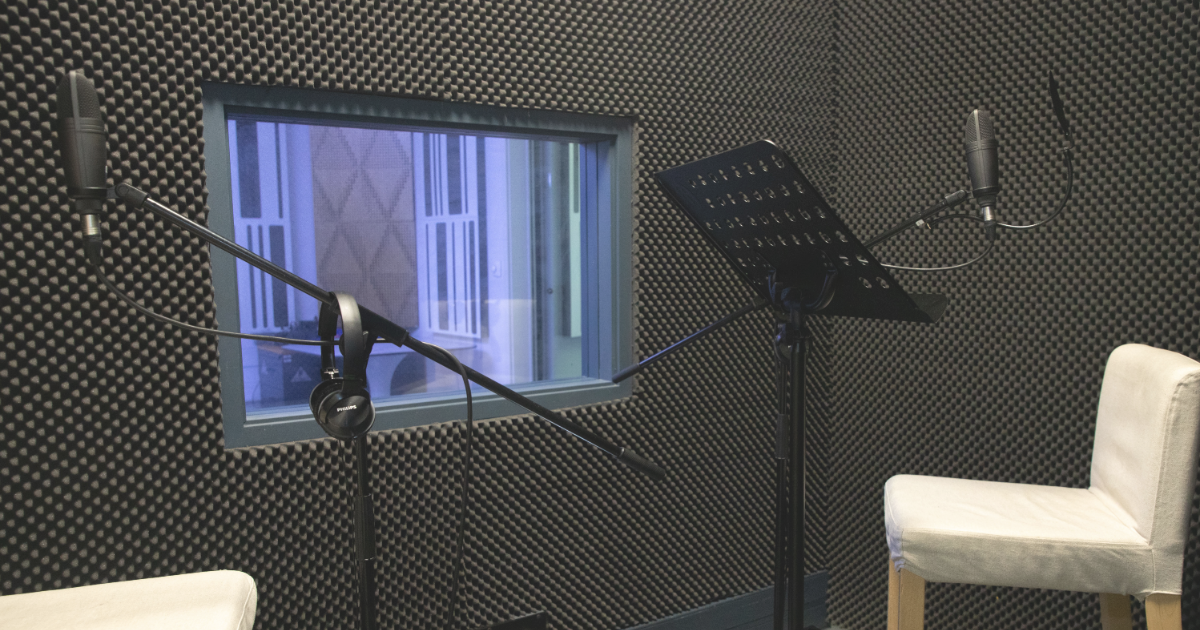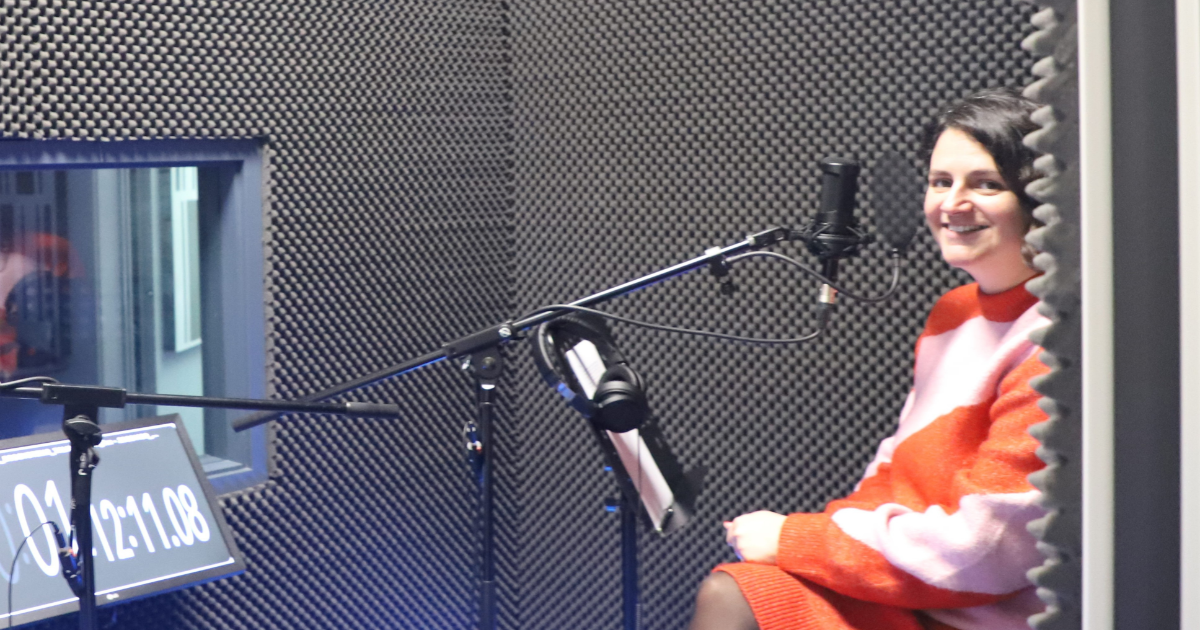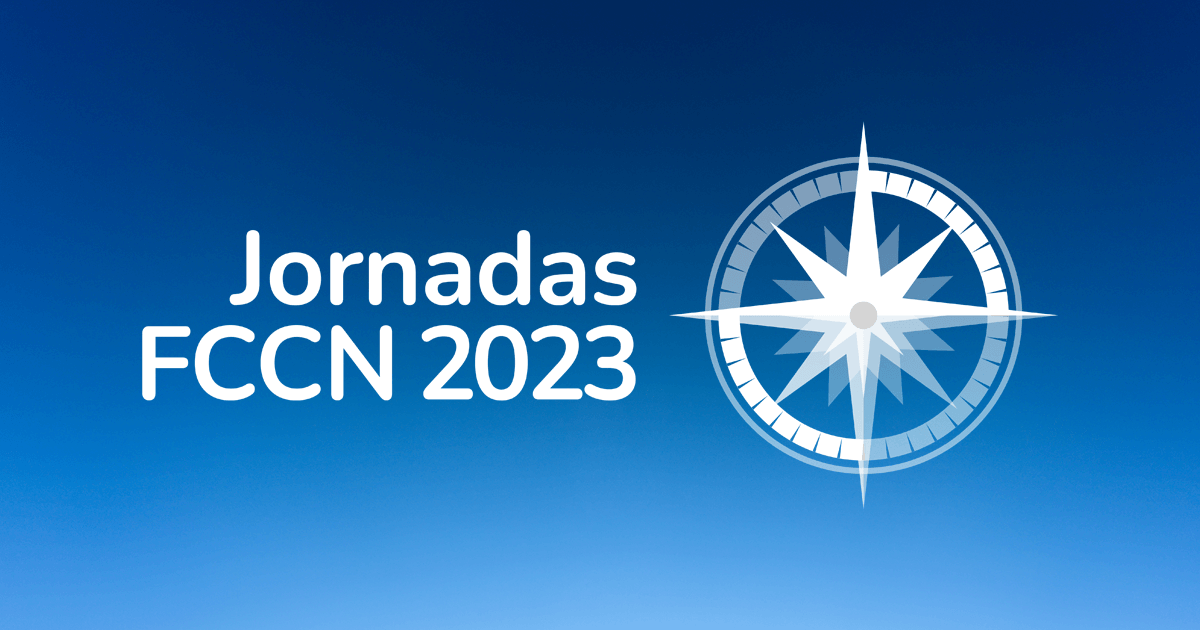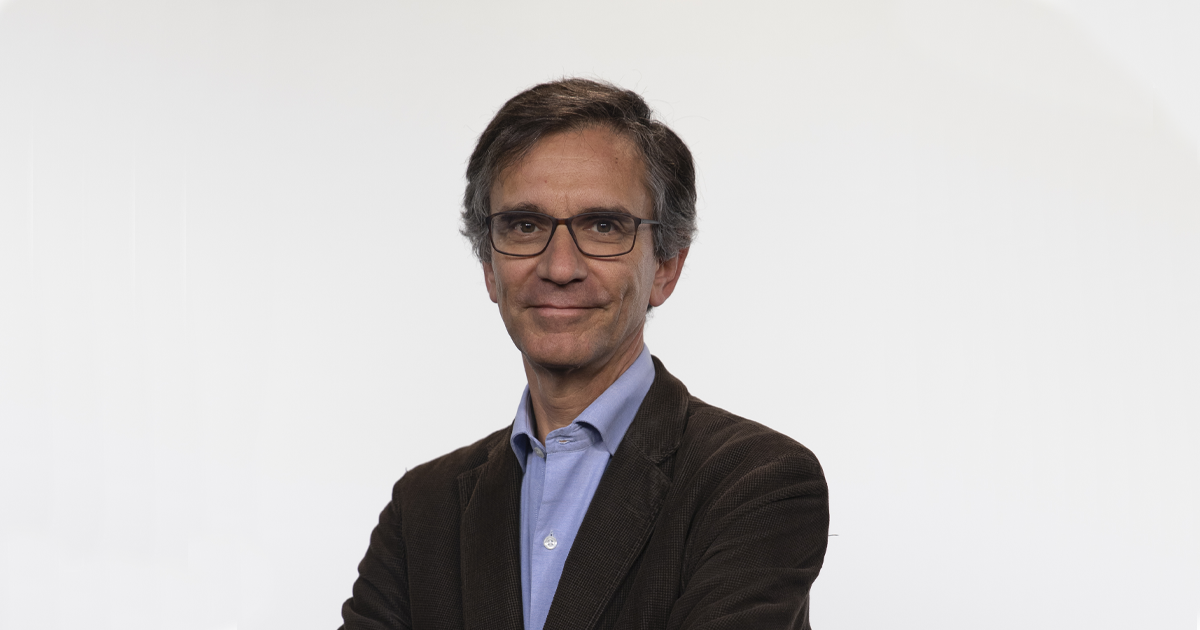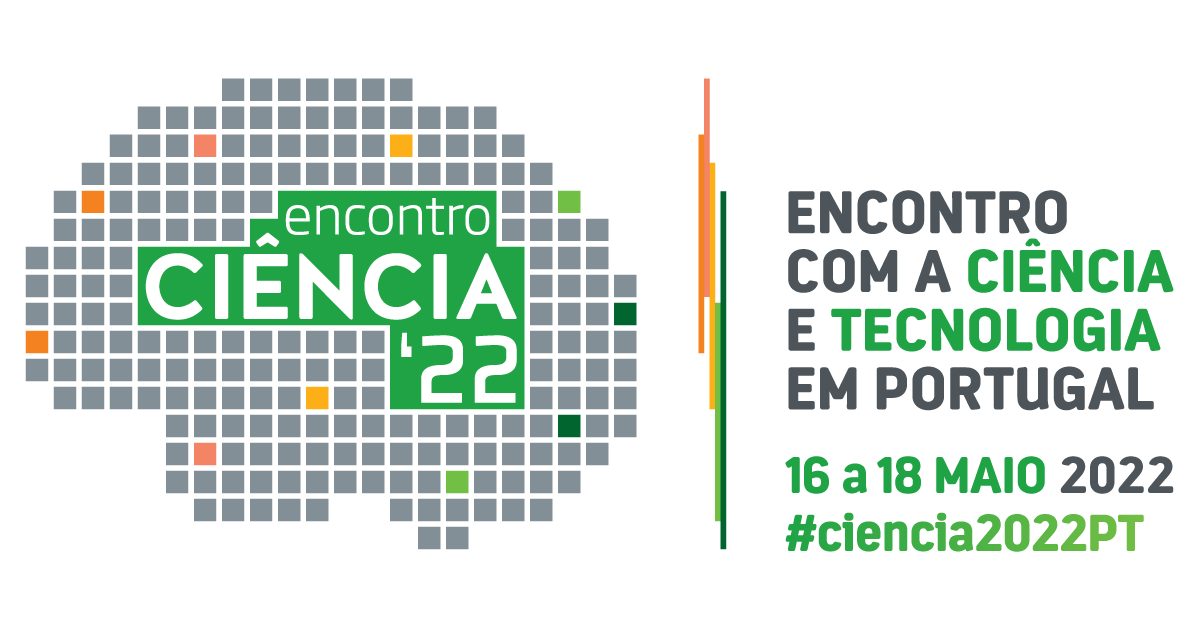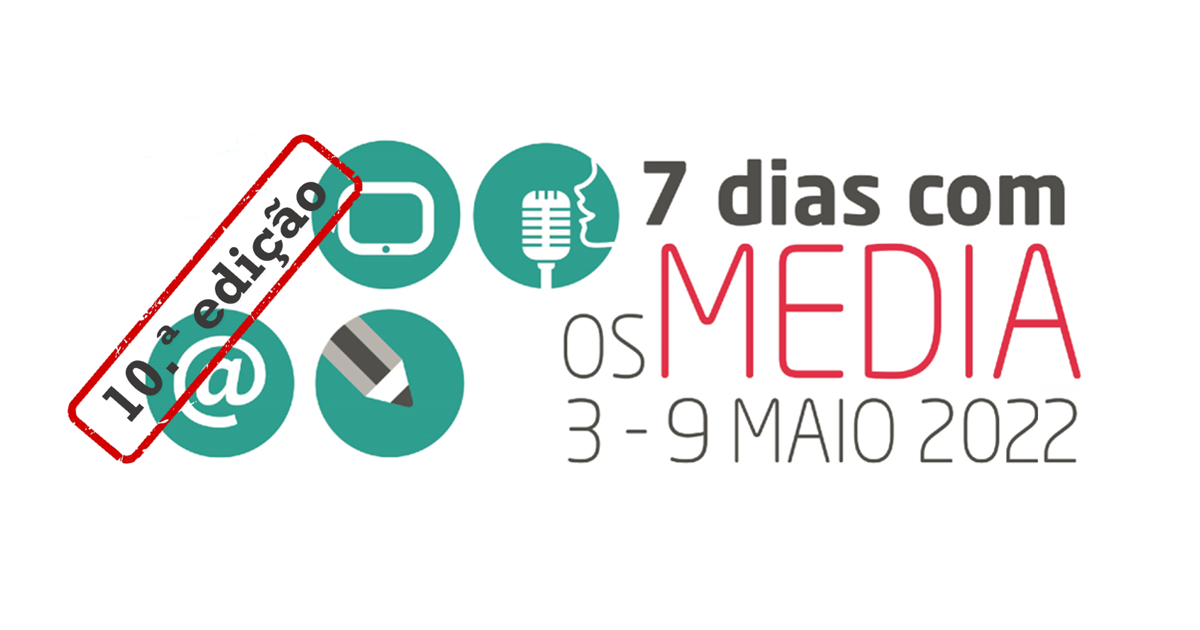The European initiative Euro4Science 2.0, coordinated by the University of Aveiro, used the studio of the Scientific Computing Unit. The goal is to promote Forensic Biology in secondary schools.
Television series have made the image known. Professionals in lab coats and goggles meticulously analyze a piece of material. At the beginning of 2019, the same scenario passed through the Studio of the Scientific Computing Unit. The final goal is the production of 10 tutorial videos that will serve to support the implementation of activities in secondary schools.
The initiative comes from the Department of Biology of the University of Aveiro - which coordinates this international project (funded by Erasmus+), with the partnership of the School Grouping of the District of Aveiro. According to Joaquim Pedro, member of this department, Euro4Science includes the distribution of a toolkit (a bag with forensic biology instruments) to perform experiments in a classroom context.
Through video, he stresses, it is possible to help teachers and make the experience "more appealing, because these are concepts that are not known by many students". In the same vein, Euro4Science includes a manual and specific training courses for teachers (national and international) organised by the University of Aveiro.
When building these experiments, Joaquim Pedro explains, there was also a concern to "include easily accessible materials", adapting the activities to school reality. One of the examples mentioned concerns an electrophoresis experiment that can be performed with clips and a plastic box.
Motivating to Science
Over the years, the image of the forensic scientist has been consolidated, especially among the younger generations, thanks to television series. Through this project, explains Joaquim Pedro, the aim is to "recreate a little of the CSI environment in schools". "This is a way of motivating students, showing that behind those characters there is scientific knowledge that allows them to reach conclusions," he adds.
At Estúdio FCCN, the University of Aveiro found "all the conditions", underlining the advantages of professional Chroma or lighting technology. On the other hand, details such as the existence of a teleprompter could be especially important, given that the extras are biology students with no experience in front of the camera. "Having these conditions makes it much easier," says Joaquim Pedro, before concluding: "It will make a difference to the final result."
The Studio FCCN is available to all members of the national scientific and academic community who belong to the educational institutions that are members of the Science, Technology and Society Network (RCTS). Bookings can be made at: https://www.fccn.pt/colaboracao/estudio/
